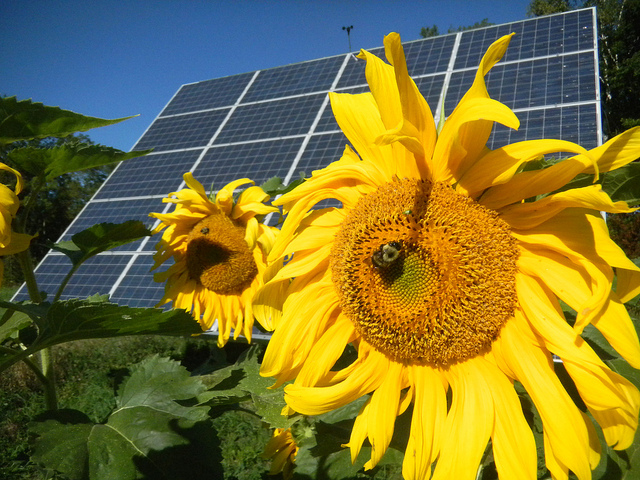A local energy company in Vermont, Green Mountain Energy, is leading the transformation of an electric system that depends on power sent along big transmission lines to a community-, home- and business-based energy system for both economic and environmental reasons. As a practical matter, the less electricity the utility pulls from the regional transmission system, especially at times of peak demand, the less it has to pay in fees, producing savings it can pass on to customers. One way it does this is by remotely controlling the batteries installed through its programs, drawing upon the stored energy as needed. Three projects include a new low-income development project with rooftop solar panels powered by backup batteries and throughout Vermont, customers are signing up for a new program that will allow them to power their homes while entirely disconnected from the grid.
Interestingly, the utility is owned by Gaz Métro, a leading natural gas distributor in Quebec, that is also working to reduce its carbon dioxide emissions as part of the effort to slow global warming. In 2014, it became aB Corporation. That is a voluntary designation, requiring executives to take into account not just how decisions will affect profit and shareholders, but also how they will affect the public, generally defined as society or the environment.
As part of that mission, Green Mountain became the first utility to offer customers access to Tesla's Powerwall home battery system when it was released in 2015. Now it is starting a new program, announced in May, that will offer the battery to as many as 2,000 customers for $15 a month over 10 years, or a one-time payment of $1,500. The package will include software and a Nest thermostat, which conserves electricity by adjusting temperatures to comings and goings as well as established routines. [Excerpted from the New York Times]
Solar panel with sunflowers and bee. Image via Flickr. Attribution-ShareAlike 2.0 Generic (CC BY-SA 2.0)
- Log in to post comments


CRC Comments